China vows to take ‘all necessary measures’ against US spies
China says it will “take all necessary measures to safeguard national security” against US spy networks after a recent confession by the CIA chief that its agents were currently active in the Asia-Pacific country.
“The US on the one hand keeps spreading disinformation on so-called Chinese spying and cyber attacks and on the other hand tells the public about its large-scale intelligence activities targeting China,” Foreign Ministry spokeswoman Mao Ning said in a press briefing in Beijing on Monday.
“This in itself is quite revealing. China will take all measures necessary to safeguard national security.”
CIA Director William Burns recently revealed the agency was rebuilding its clandestine networks in China.
Burns told attendees of a security conference in Colorado that the CIA was currently running agents in China. “We’ve made progress and we’re working very hard to make sure we have a very strong human intelligence capability to complement what we can acquire through other methods.”
The US spy agency suffered a devastating blow to its intelligence-gathering capabilities in 2010, when Chinese authorities began identifying, arresting, and reportedly executing CIA agents across the country.
An investigation by the New York Times put the number of spies killed or imprisoned at 20, while the Foreign Policy magazine claimed at least 30 agents were executed between 2010 and 2012.
A joint CIA/FBI commission concluded that the agency’s communications equipment had likely been hacked, and that a mole had given the spies’ identities to China’s Ministry of State Security (MSS).
In 2018, a former CIA officer named Jerry Chun Shing Lee was arrested in the US and admitted to passing on the identities of American agents and their informants to the MSS. He was sentenced to 19 years in prison in 2019.
Ties between Washington and Beijing remain strained over a range of issues, including US non-adherence to the internationally-confirmed “One China” principle, trade wars, territorial disputes in the South and East China Seas, and US President Joe Biden’s restrictions on semiconductor chip exports, among other issues.
In January, a Chinese surveillance balloon entered US airspace, traveling across the Americas as it flew over sensitive US nuclear weapons sites before crashing off the coast of South Carolina on February 4.
China back then hit back at US accusations over the balloon, saying it was a civilian meteorological “airship” used for scientific research purposes.
By way of background, China has repeatedly warned the US about its military and spying activities, including its deployment of ships or planes near the region where China conducts military exercises.
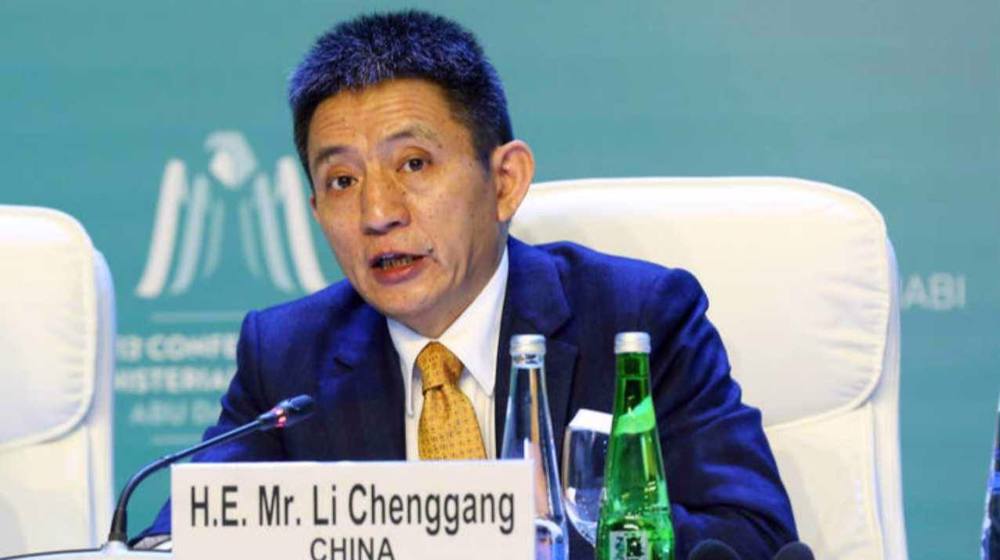
China condemns ‘unilateral and arbitrary’ US tariffs
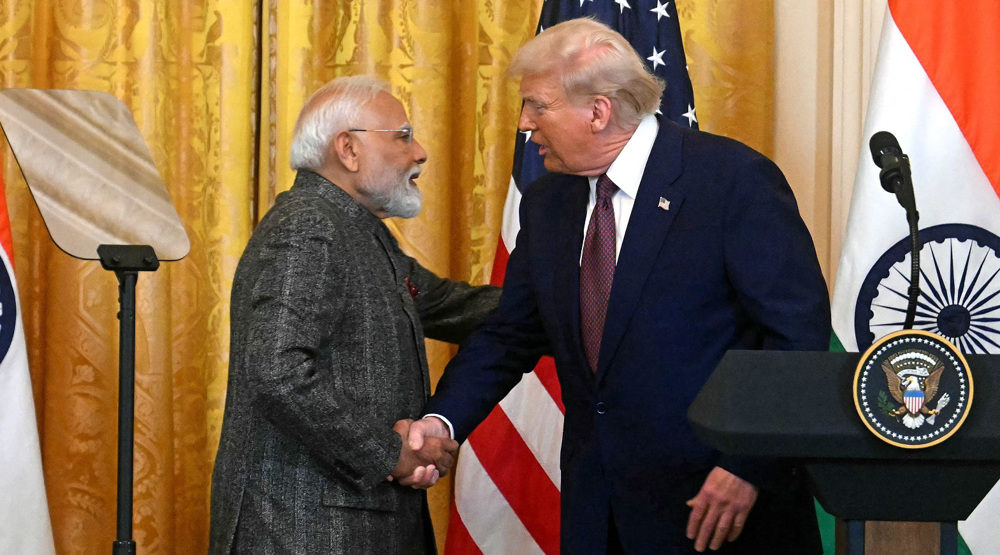
China warns US, India after Trump surge in arms sales to New Delhi
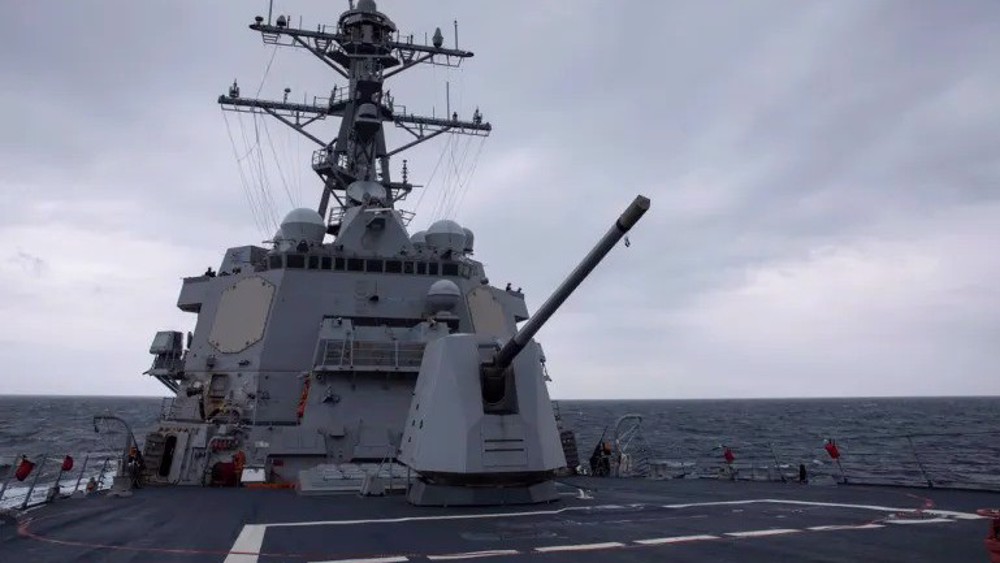
US makes debut passage through Taiwan Strait under Trump's new administration
Hezbollah's display of power proved resistance cannot be eliminated: Iran parl. speaker
Israel escalates West Bank raids as official says regime seeking to complete Gaza genocide
Australian senator smeared by anti-Iran groups for saying Iranian women 'have a voice'
Palestinian man dies in Israeli prison as Foreign Ministry urges intl. probe into regime’s crimes
Putin says not opposed to Europeans’ involvement in Ukraine talks
VIDEO | Iranian Kurdish protesters demand European action against PKK, PJAK terror
VIDEO | Israel expands offensive in northern West Bank, deploys tanks to Jenin
VIDEO | Spaniards fill streets of Cádiz in solidarity with Palestine


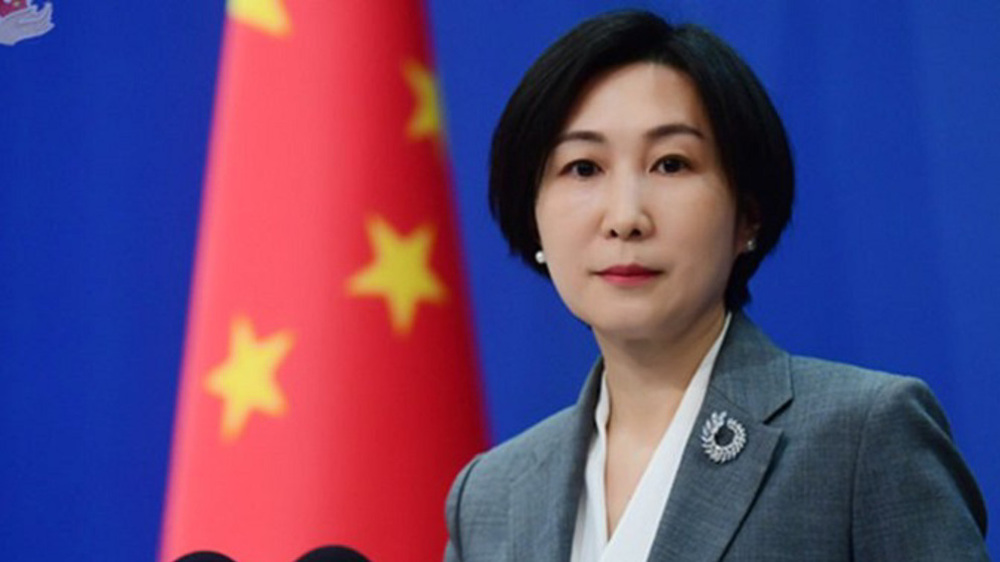





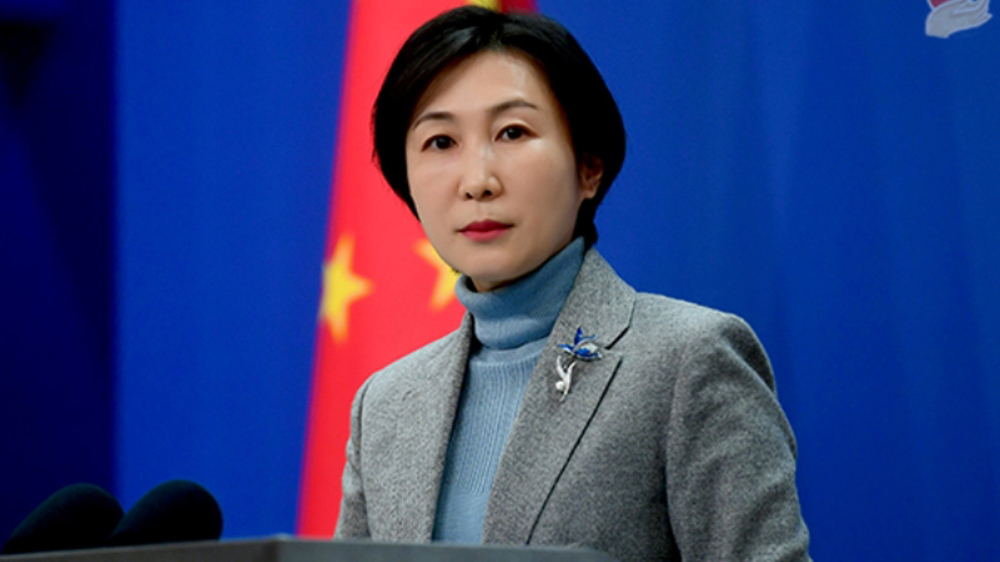

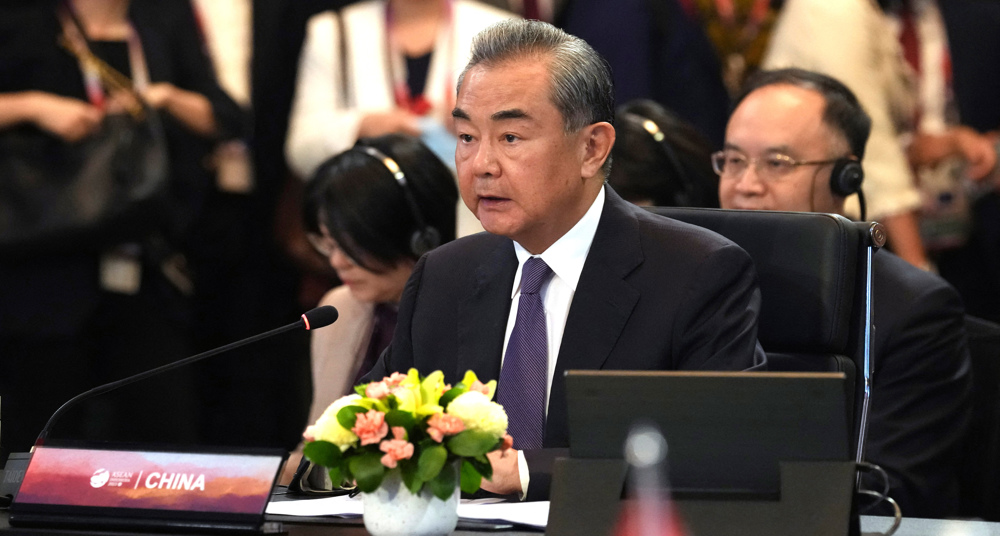
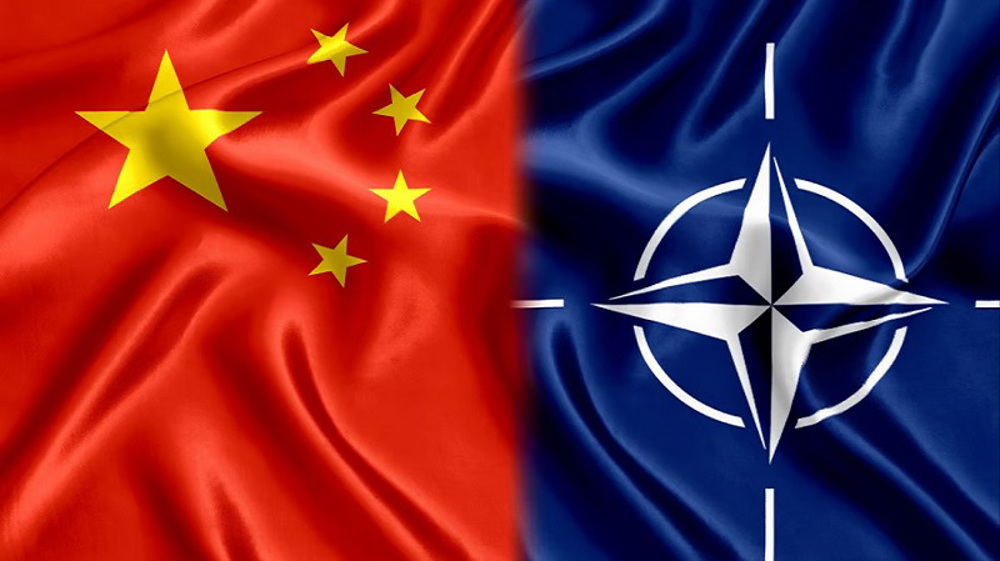

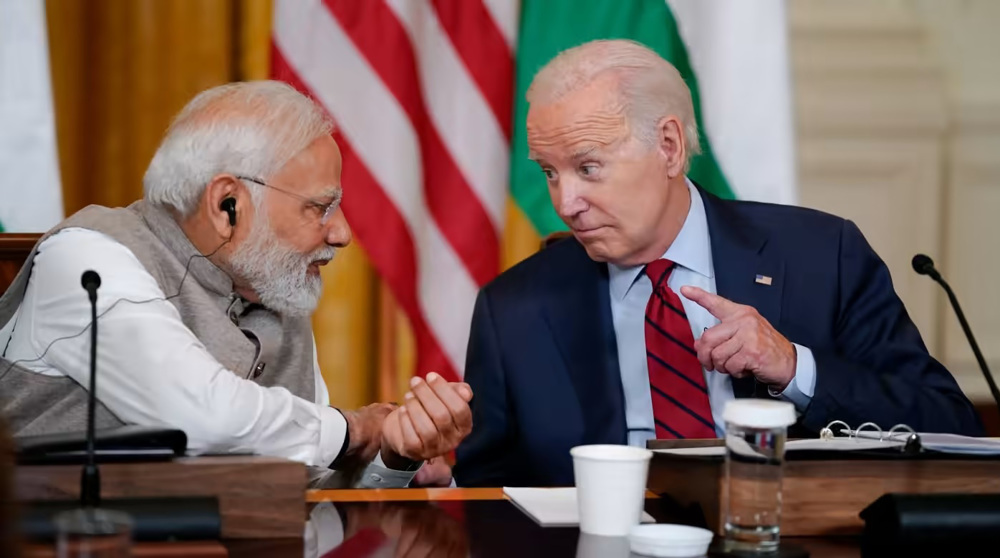
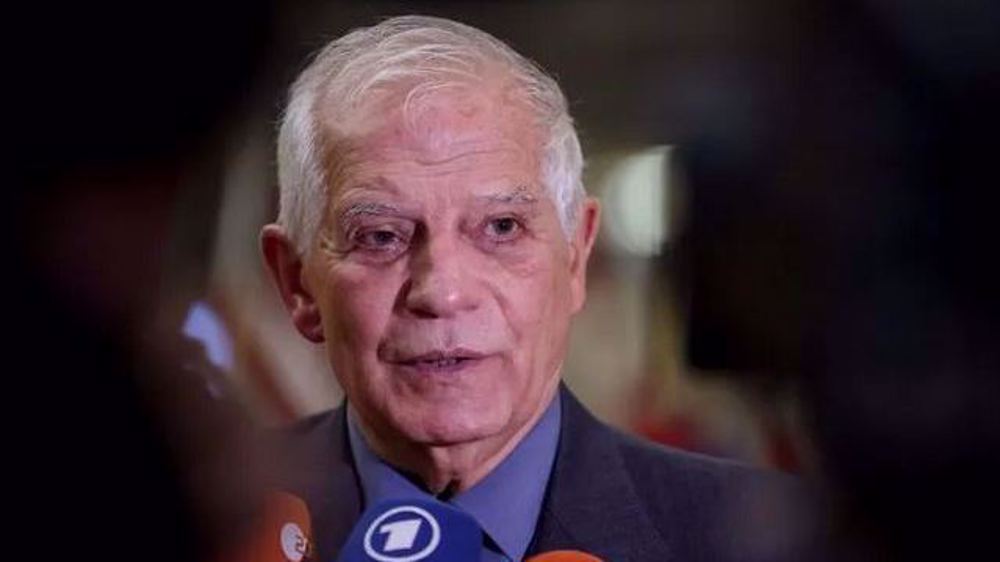


 This makes it easy to access the Press TV website
This makes it easy to access the Press TV website